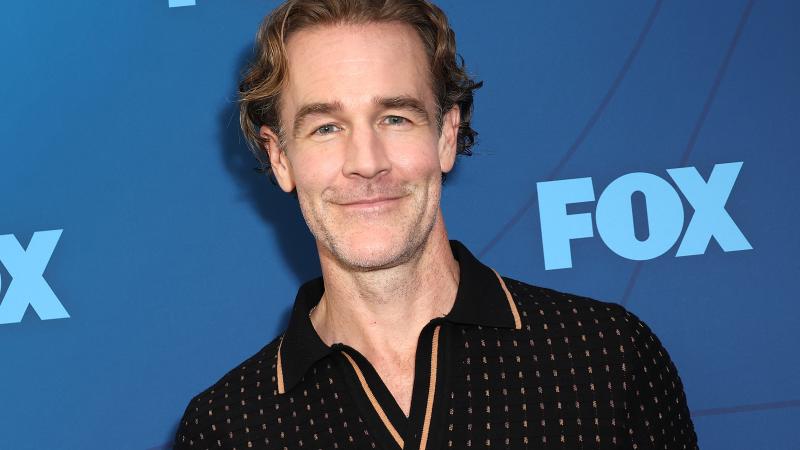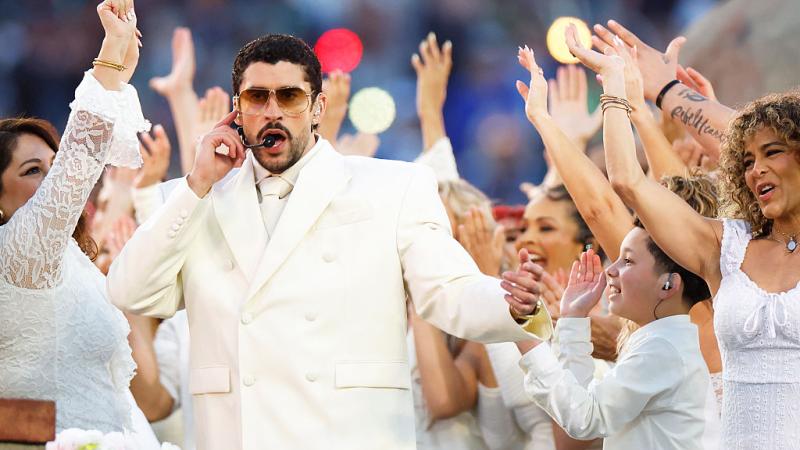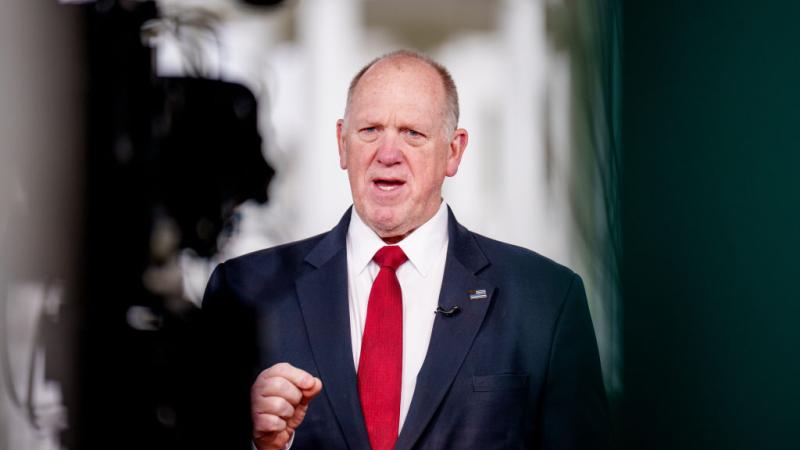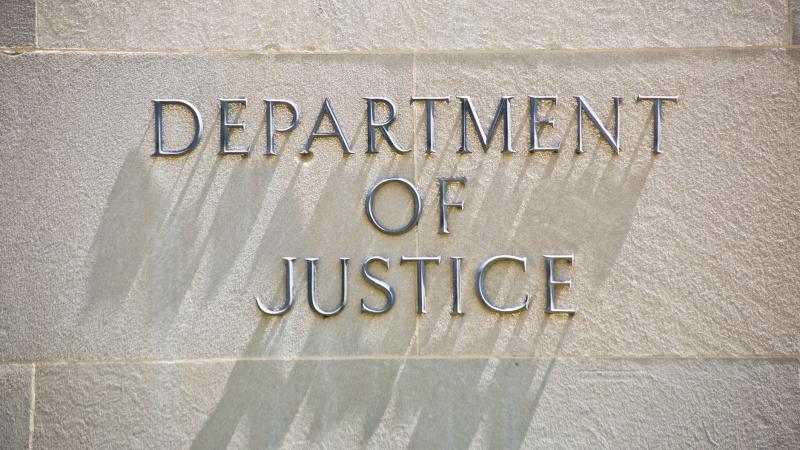Clark, Reese rivalry renews long-standing debate on issues of race, gender and equality
The longstanding and underlying issues of their years-long rivalry including race, gender, and the media will likely continue when play resumes and long after they retire, say professors and active players.
The Summer Olympic Games have put WNBA games on a month-long hiatus and provided a break from the near-constant headlines that have pitted rookie sensations Caitlin Clark against Angel Reese. But the longstanding and underlying issues of their years-long rivalry – including race, gender and the media – will likely continue when play resumes and long after they retire, say professors and active players.
“You see it in every industry, really,” Lindsay Allen, a guard for the Chicago Sky, recently told Just the News, describing the wider societal dynamics that have pitted Clark, who is white, against Reese, who is Black. “I think in the WNBA’s case, you have the intersectionality of all of these issues like misogyny, racism, homophobia because the league is majority Black women.”
To be sure, Clark vs. Reese started years before they entered the WNBA this spring – Clark as the league’s No. 1 pick and Reese as the No. 7.
The two battled it out for the 2023 NCAA women’s basketball title, with Reese’s Louisiana State University team beating Clark’s University of Iowa Hawkeyes 102 to 85.
This year, the teams faced each other in the league’s Final Four round, with Iowa, led by Clark, the NCAA’s all-time leading scorer, losing to the University of South Carolina in the championship game.
“She is a kind of representation of the girl-next-door, Midwestern, all-American, young, white person” in a predominantly Black and queer league, says Cheryl Cooky, a professor of American Studies and Women’s, Gender, and Sexuality Studies at Purdue University.
Cooky also describes the phenomenon of society juxtaposing one against the other as one that centers on society's ideas of whiteness, race, sexuality and gender.
Clark’s scoring and play-making ability are indeed headline worthy and merit much of the media and fans’ attention.
WNBA reported the league averaging about 1.3 million viewers per game, almost tripling the previous season’s average.
But the 6-foot-3 Reese, with her swagger, rebounding and shot-blocking ability also brings in fans.
Her team, the Chicago Sky, reported three sellouts this season, after last season in which the average attendance was only 7,241.
The breakout stars, who together have faced some resentment from league veterans because of their stardom, and their record-breaking numbers are “markers of progress towards positive social change,” Cooky also said.
She also seems to suggest Clark and Reese would inevitably open up – or further – the conversation about other players' lack of equal representation, despite having the talent.
The average salary in the roughy 27-year-old women's league is $147,000, compared to nearly $12 million in the men's NBA league.
“We’re seeing this in the ways that homophobia and racism are entering the chat, so to speak,” she told Just the News. “This isn’t really that surprising to me.”
Cooky argues that attributing Women's National Basketball Association's success to Clark oversimplifies the debate and that conversations like these are an inherent reaction to social change.
“If the social change is disruptive of the status quo, certainly there’s going to be resistance,” she said. “This is the unevenness of social change.”














